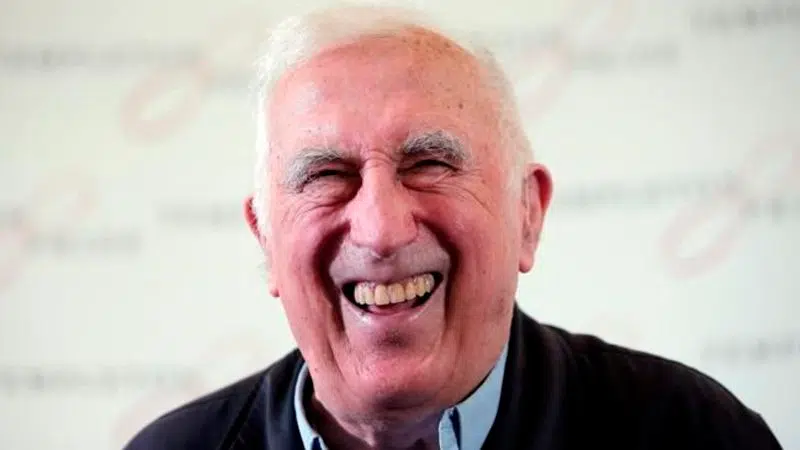
Jean Vanier, Catholic hero to developmentally disabled, dies
PARIS — Jean Vanier, whose charity work helped improve conditions for the developmentally disabled in Canada and multiple other countries over the past half-century, has died at 90.
A charity he founded, L’Arche, said Vanier died Tuesday in Paris after suffering from thyroid cancer.
Vanier, son of former governor general Georges P. Vanier, worked as a Canadian navy officer and professor before turning to Catholic-inspired charity work.


